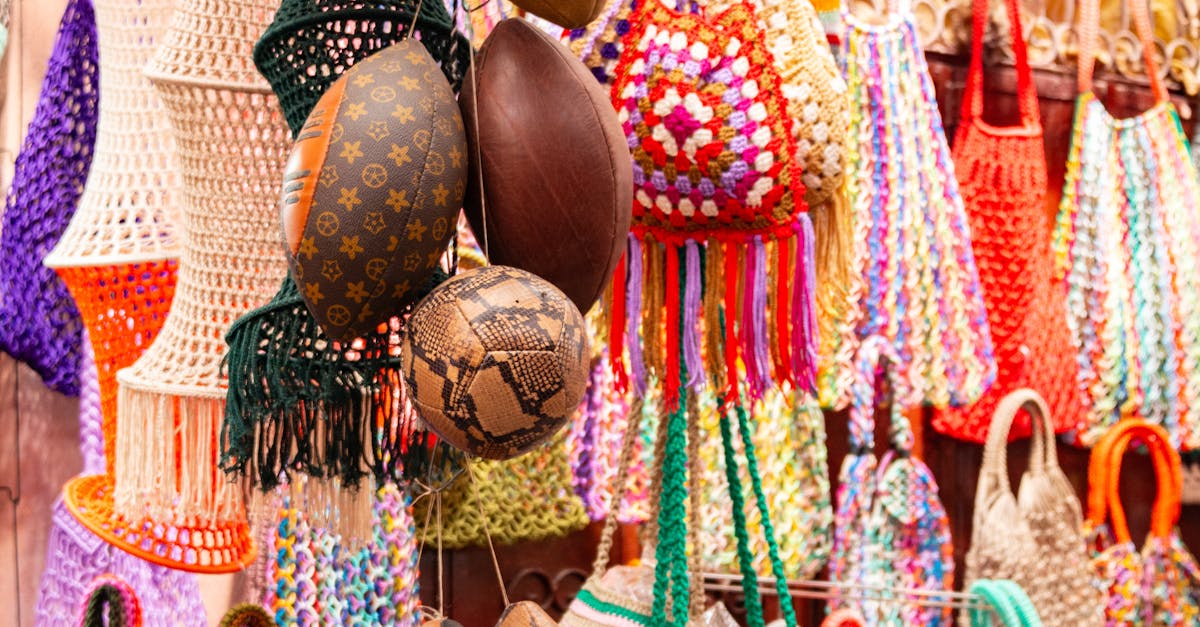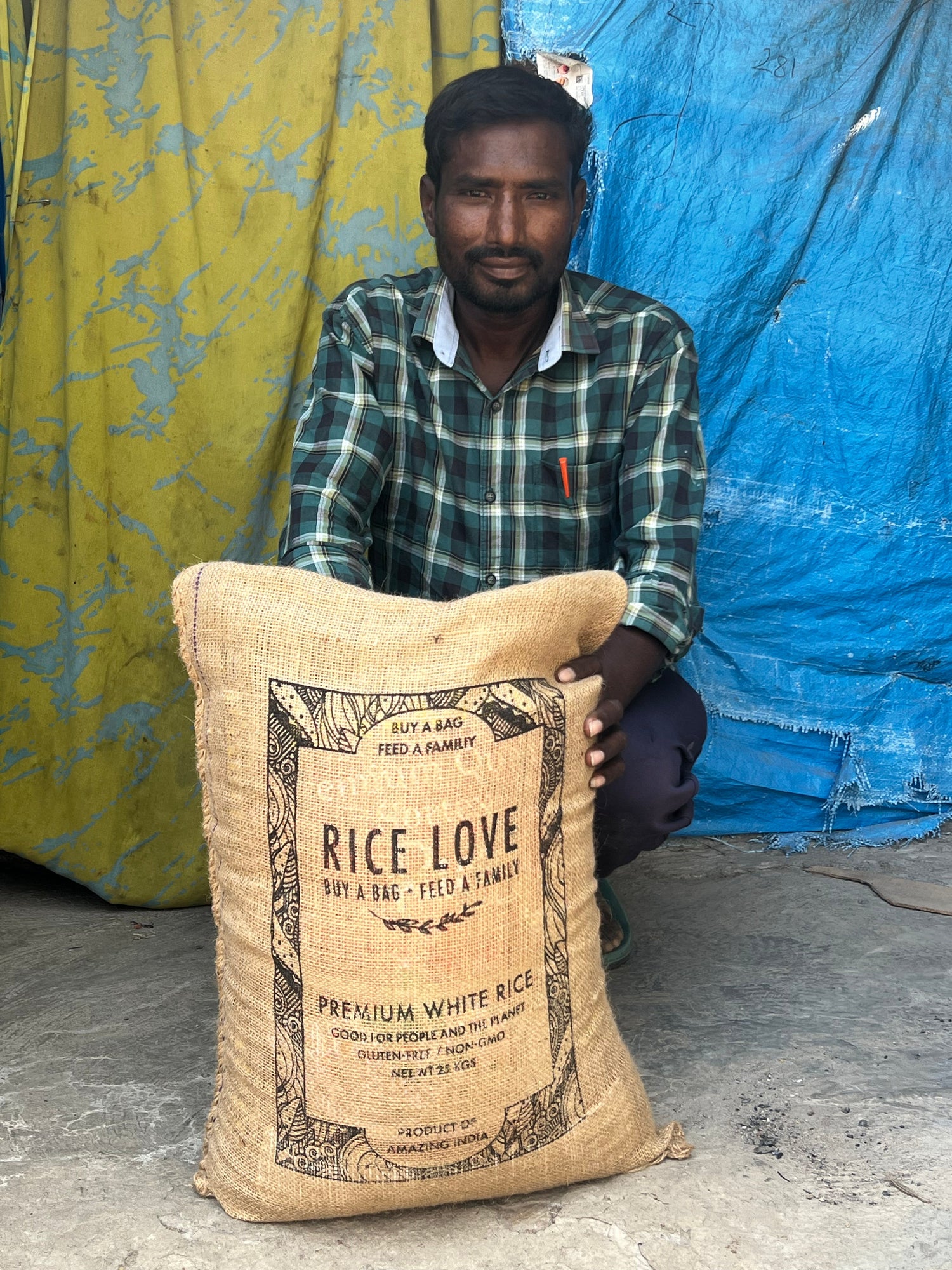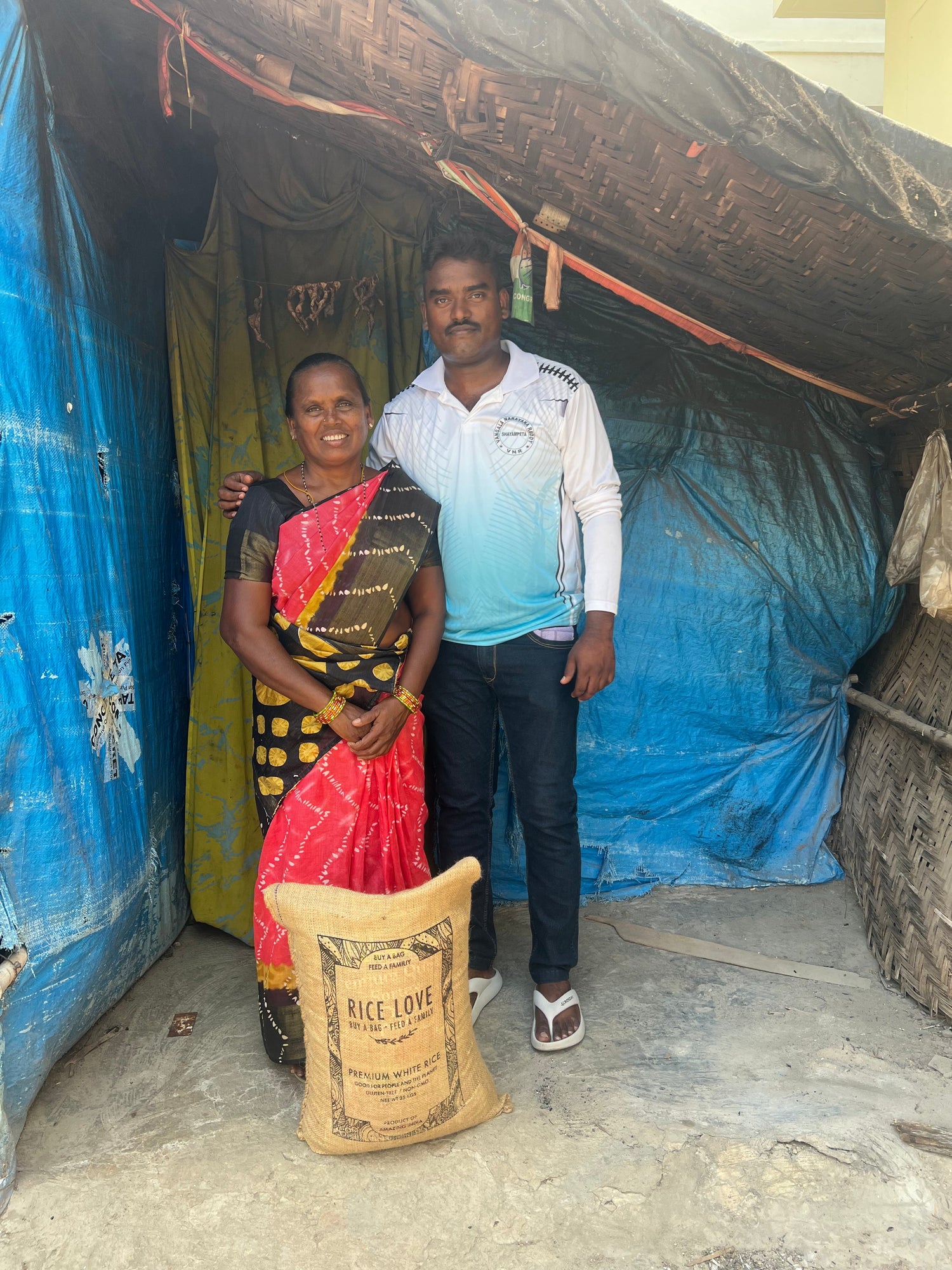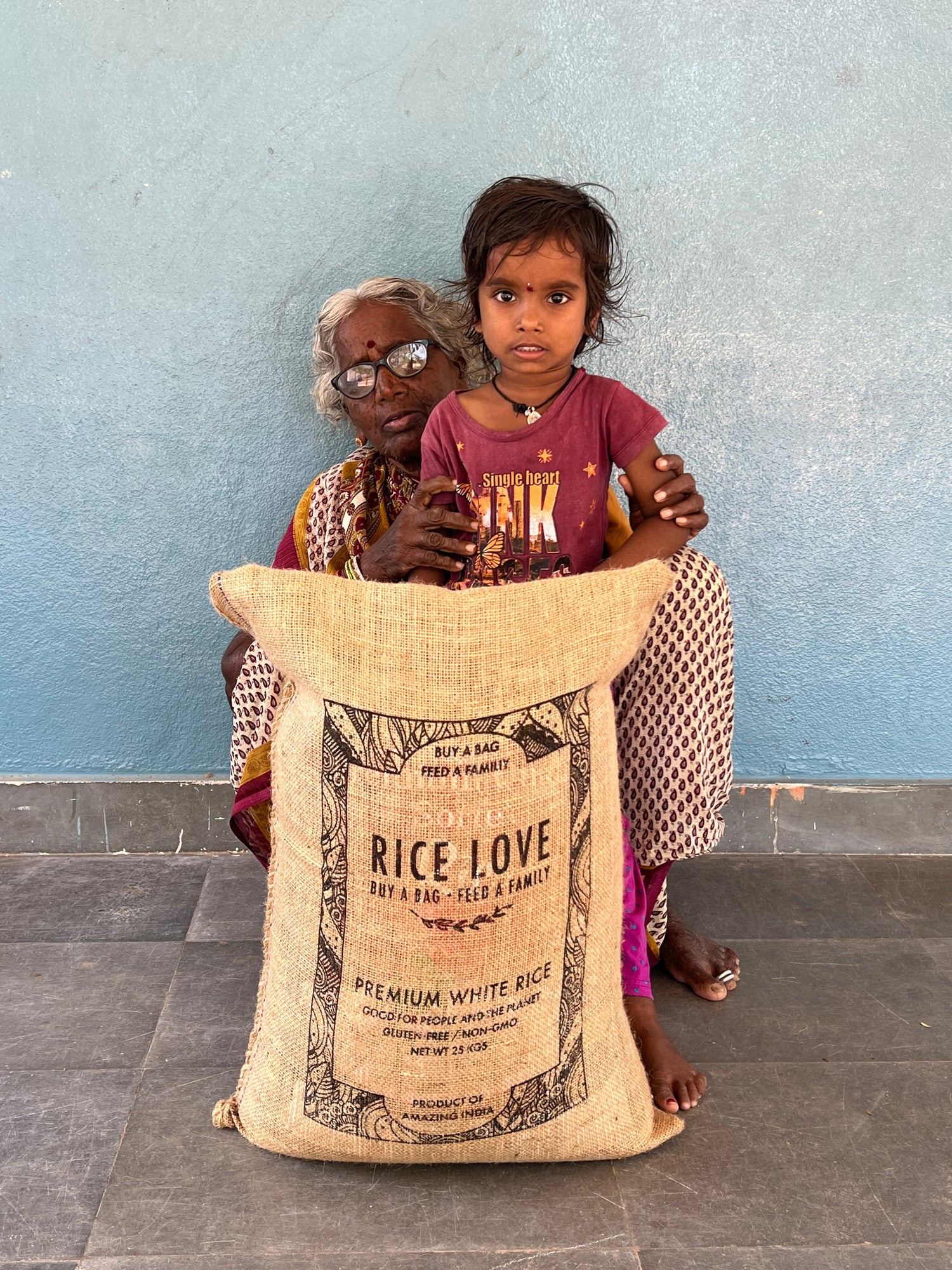If you’re anything like me, you know that buying anything these days comes with a million questions. "Is it ethical? Is it eco-friendly? Who really made this, and were they paid fairly?" These questions follow us just as closely as our backpacks do through airports, into wild markets, and onto sun-drenched trains. But here’s the thing: when it comes to sustainable bag shopping, fair trade and transparency aren’t just “nice extras”—they’re the foundation. Let’s dig into why, from a traveler’s (and Rice Love’s) point of view.
Not All Sustainability Is Created Equal
Sustainability is having its moment, but it’s also having its crisis. So many brands wave around buzzwords like “ethical,” “green,” or “biodegradable,” but what’s really behind the Instagram shots and pretty labels? For us, true sustainability means people and planet, side by side. Wanting a cute recycled backpack is totally cool—but knowing the real story is where the magic (and the power) is.
Fair Trade: Because People Matter as Much as the Planet
Quick confession: Before I really understood fashion’s impact, I was naïve. I thought "recycled" and "handmade" were enough. But if you asked more questions, you’d realize plenty of “eco” bags are made under the same exploitative systems as fast fashion. Fair trade is different.
- Ethical Production & Wages: Fair trade isn’t about charity—it’s about justice. It means makers (not machines!) craft your bag in safe spaces and take home wages they can actually live on. It’s not just anti–child labor, it’s pro–dignity, pro–community, pro–futures.
- Empowering Individuals & Communities: When I traveled in India, I saw firsthand how a decent wage lets a woman send her daughter to school, and how stable income means medicine or electricity for a household. That’s real change—not just short-term aid.
- Every Purchase as a Ripple: Community impact isn’t a marketing trick. It’s tangible. At Rice Love, every bag you buy equals 2.2 lb (1kg) of rice for a family dealing with job loss or difficult transitions. Not just that, but thoughtful working conditions and trustworthy job creation for our artisans are embedded into every stitch.
The Non-Negotiable Power of Transparency
You can’t have ethics without transparency—period. That’s why every Rice Love bag gets its unique tag: so you can find and read about the real family you helped feed. When you look behind your purchase and see a direct impact, it doesn’t just feel good; it means what you’re doing is actually working.
- Material Origin Stories: Our backpacks and totes are made from upcycled Indian rice bags rescued from the waste stream. It’s not a mass-produced, impersonal supply chain—it’s repurposing with soul, and every imperfection tells a story.
- Meet the Makers: Our seamstresses aren’t statistics—they’re people with names, families, and dreams. Our operations are built on safe, fair, and empowering workplaces.
- Open Proof of Impact: We don’t just "say" we give back; we show you the names, faces, and stories of families who receive rice. It’s radical openness you can trace.
Why This Matters: The Human + Planet Connection
Here’s the part most brands gloss over: You can’t claim to be sustainable if you don’t take care of the people at the start of your supply chain. Green materials can’t erase exploitation; social justice and environmental justice rise together.
- Sustainable Materials With a Pulse: Jute and burlap aren’t just buzzwords—they’re biodegradable, renewable, and support small-scale farmers as much as artisans in sewing rooms. Our Recycled Travel Tote is proof that materials can have both environmental and social stories to tell.
- Unique Equals Upcycled = Less Waste: All our products, especially the One of a Kind Mini Backpack and Mini Tote, are one-off creations. They’re meant to help break the cycle of overproduction and throwaway culture.


Checklist: How to Actually Spot a Fair, Sustainable Bag
- Certifications & Commitments: Is there evidence of fair trade, safe conditions, or a documented impact? If it’s hard to find, that’s a red flag.
- Materials Transparency: Where does the fabric come from, and could you trace it if you wanted to?
- Traceable Impact: Is it easy to see exactly how your purchase affects people or communities—not just with "percentages" but with real stories and photos?
- No Two Looks the Same: Is it handmade and one-of-a-kind, or mass-produced to look "artisanal"?
- Longevity and Repair: Is it built to last, not destined for a landfill in a year?
Buying (and Traveling) With Heart and Conscience
When I’m traveling, every bag is a chance to make a statement—about who I am, what I care about, and the kind of world I want. Fair trade and transparency are non-negotiable because I want those values reflected in every adventure, every photo, and every moment when someone stops me with, "Where did you get that bag?" I can smile, knowing it's not just a cute tote but a story of dignity, respect, and tangible, traceable impact.
If you’re ready to shop with your values at the front of your pack (and not just the bottom of a wishlist), check out our unique, story-filled bags here at Rice Love. Your next adventure deserves a companion with a soul—and a real story to tell.





